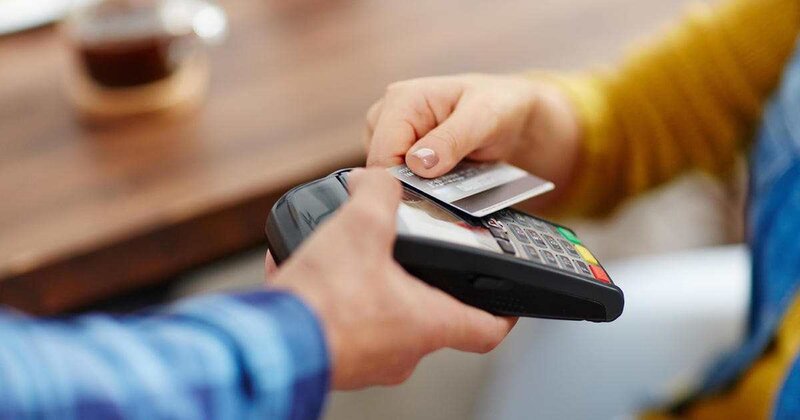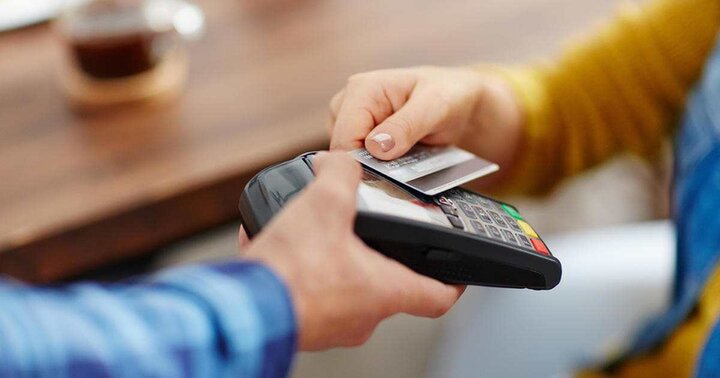

Could B2B Buyers Provide Retailers a Flight to Safety This Holiday Season?
The retail industry has faced multiple challenges over the past few years, including a 40-year inflation high causing significant volatility. Despite these hurdles, consumers have managed to maintain their spending levels, surprising analysts last year. However, this has come with a shift in behavior – deal-seeking among consumers has significantly increased. According to Deloitte, retailers' top priorities in 2024 should be building trust and loyalty with consumers still grappling with inflated prices on essentials.
And while consumer loyalty programs are undoubtedly crucial this holiday season, there’s another avenue that may provide retailers with a strong return on investment and reliability in an uncertain market: B2B shoppers. These buyers, purchasing on behalf of their businesses, are not only willing to switch vendors but are also seeking specific payment options such as invoicing at checkout, often referred to as trade credit or B2B BNPL (Buy Now, Pay Later).
B2B shoppers, or business buyers, represent a unique and valuable customer segment. Unlike regular consumers, B2B buyers make purchases on behalf of their companies, often leading to larger order volumes and more consistent purchasing patterns. This reliability can be a boon for retailers seeking stability in uncertain times.
One of the significant opportunities in targeting B2B buyers is their willingness to switch vendors for better payment options. According to independent data commissioned by TreviPay, 72% of business buyers exhibit higher loyalty to businesses that offer their preferred payment methods, making flexible payment solutions a critical factor in attracting and retaining these customers.
Mastercard has recognized this trend and taken proactive steps to help retailers cater to B2B shoppers. Earlier this year, Mastercard announced a net-terms financing solution for checkout. This innovative payment solution allows retailers on the Mastercard network to allow B2B buyers to pay on 30-, 60-, or 90-day terms.
The net-terms access offers several benefits to B2B buyers, including improved cash flow management, the ability to align payment schedules with their financial cycles and SKU-level invoicing that enterprise Accounts Payable teams need. For retailers, this initiative opens opportunities to attract a loyal customer base, increase sales and enhance customer satisfaction by providing a payment method that meets the specific needs of B2B buyers.
B2B shoppers, or business buyers, represent a unique and valuable customer segment. Retailers who successfully integrate B2B strategies into their business models can expect long-term benefits, including increased revenue, customer loyalty and market stability.

The Potential of B2B Buyers
Case Study – Mastercard's Response

To capitalize on the potential of B2B buyers, retailers need to implement strategies that cater to their distinctive requirements:
Additionally, the demographic landscape of B2B buyers is changing. Forrester found Millennials and Gen Zers now make up a majority (71%) of business buyers. These generations have different expectations compared to their predecessors, often demanding more seamless, digital and personalized purchasing experiences.
In line with this, Gartner projects that 80% of B2B sales will shift to online by 2025. So, retailers must not only meet the requirements of B2B buyers, but they need to do so in an increasingly digital-forward, automated manner. Now is the time to invest in upgrading systems to meet the complexity of B2B transacting.
- Flexible payment options: Providing various payment methods, including invoicing at checkout, is crucial. Payment choice is a key factor for B2B buyers and flexible payment solutions not only attract these shoppers but also foster loyalty by meeting their preferences.
- Convenience: B2B buyers seek convenience in their purchasing processes. This includes easy onboarding, a seamless checkout experience, quick access to purchase history and streamlined repeat ordering. Also critical for B2B buyers: merchants’ ability to conveniently integrate with their ERP platforms.
- Customization: Lastly, many B2B buyers need to customize or control certain aspects of their purchasing experience. Considering the unique invoicing needs of business buyers is part of offering seamless purchasing. This could include capturing P.O. or serial numbers, as well as setting spending limits or preapproved SKUs.
Looking ahead, the B2B retail market is poised for significant growth. In fact, according to Forrester, the B2B ecommerce market is expected to reach $3 Trillion by 2027, growing at a five-year compound annual growth rate of 10.7%.
While consumer loyalty programs remain essential, retailers should not overlook the potential lifeline of B2B buyers. Retailers who successfully integrate B2B strategies into their business models can expect long-term benefits, including increased revenue, customer loyalty and market stability. As the holiday season approaches, investing in strategies to woo B2B buyers could be the key to achieving stability and growth in uncertain times.
Strategies for Retailers to Attract B2B Buyers
The Future of B2B in Retail




